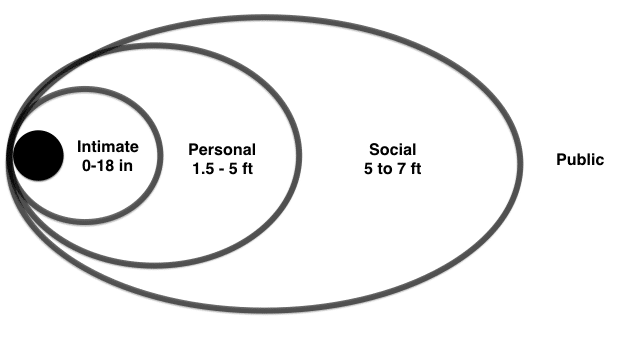Did you know that more than 400,000 pickpocketing incidents occur worldwide every day? It’s likely this number is even higher because many people, as well as police officers, assume items stolen from pockets and bags were lost, not stolen, since pickpockets are so stealthy that people never realize they even have been robbed.
Given how prevalent an issue this is, I decided to team up with my colleague Danielle to explain the nonverbal red flags and warning signs that will help you identify pickpockets while traveling. Check it out:
Before we get into the tips, I want to share some facts with you so you know when and where you are most likely to be pick-pocketed, so you can be extra aware in those places.
First, the top cities for pickpocketing are:
- Barcelona, Spain
- Rome, Italy
- Prague, Czech Republic
- Madrid, Spain
- Paris, France
- Florence, Italy
- Buenos Aires, Argentina
- Amsterdam, Netherlands
- Athens, Greece
- Hanoi, Vietnam
Clearly, you need to be very careful in Europe. If you are in those cities or travel to them, never let your guard down in public spaces.
The next thing you need to be aware of are the top locations for pickpocketing:
- Public transportation
- Museums
- Train stations
- Restaurants/cafes
- Bars
- Beaches
- Retail stores/markets
These are all the places where pickpockets look for the excited (and distracted) faces of tourists and spaced-out locals who make easy targets.
Here are some tips to avoid being pick-pocketed when you are in vulnerable places:
Leave your best at home
This mostly applies to women, but men as well should not wear any jewelry they don’t want stolen. A shiny diamond on your finger or a pretty gold necklace will attract the attention of pick-pocketers. They may not go for the jewelry itself because it could be too risky, but it shows them you likely are carrying valuables and may inspire them to go for your pockets and purse.
Your hands hold power
If you are traveling on public transportation with bags, always make sure your hands are tightly on your belongings when your train or bus slows down to approach stops. Or, if your luggage is on an overhead shelf, keep your eyes on it. This will prevent someone from quickly grabbing your bag and running off with it as the train stops.
Warning: Watch out for single individuals, usually males, who are moving quickly through a train and have no bags themselves. As they walk through the train, they typically look for luggage they can grab and run with at the next stop. Be cautious of people who are fidgeting. Often, pickpockets will move around a lot and create some sort of bodily distraction so you don’t notice where their hands are when they reach to steal something.
You are what you wear
It is much harder for a pickpocket to steal a bag with the strap wrapped around your body versus one hanging loosely on your shoulder or a clutch that you are holding. However, some pickpockets are speedy and bold and will cut cross-body bags right off of you. To avoid this, look into getting a bag made with cut-resistant straps or chains.
Watch your personal zone
We all have zones around us, known as proxemics in body language, and the zone within five feet of your body is your personal zone.

Typically, you only let people you are close to into that zone, but pickpockets will find excuses to enter it. For example, they may reach toward you with their camera and ask you to take their picture or they may pretend you dropped something, have an item in their hands and ask you if it is yours. People who enter your personal zone may not always have bad intentions, but to protect yourself, make sure to be hyper-aware of your pockets and bag when someone does enter your personal zone. This will prevent them from stealing from you. I’ve even heard that, in some places, one person “accidentally” will spill something on you and another will step in to help clean you. Unfortunately, while this is happening, they steal anything and everything from your pockets.
Bonus: For my guys…
Men: If you carry your wallet in your pocket, wrap a rubber band around it to keep it closed or use a zippered wallet. This prevents pickpockets from reaching in and pulling out credit cards or cash before you have a chance to stop them.
Bottom line: Be aware of your personal zone and your belongings.

